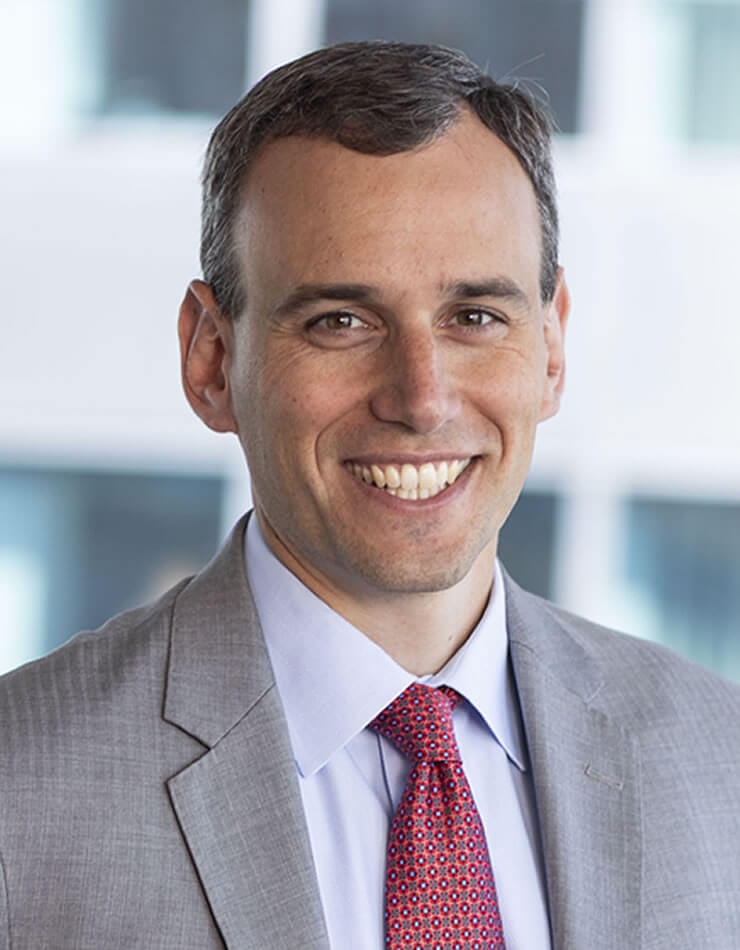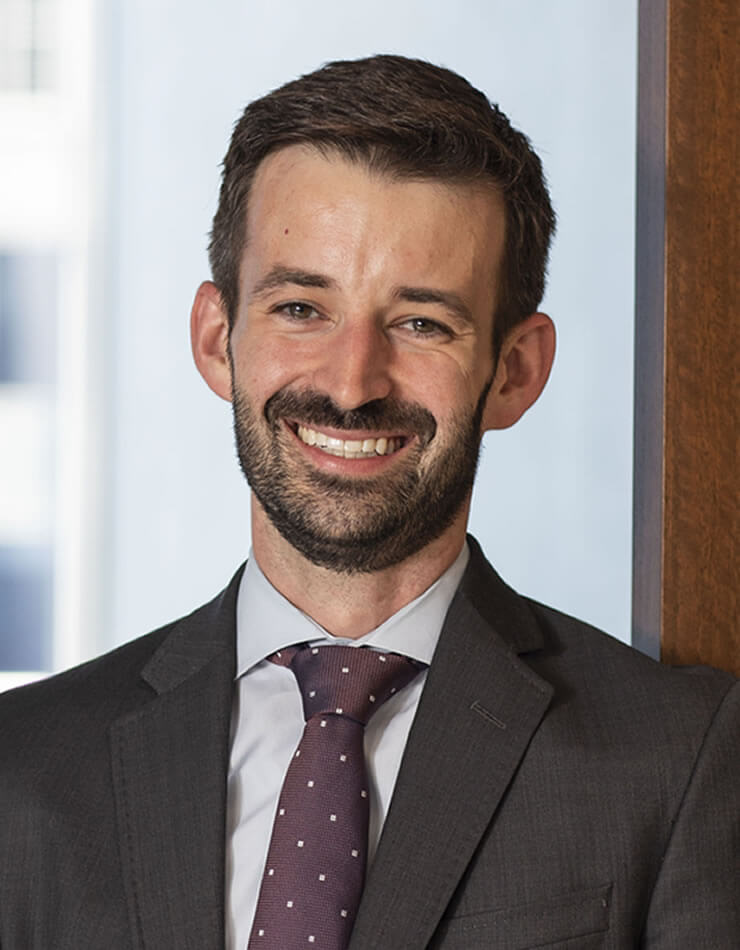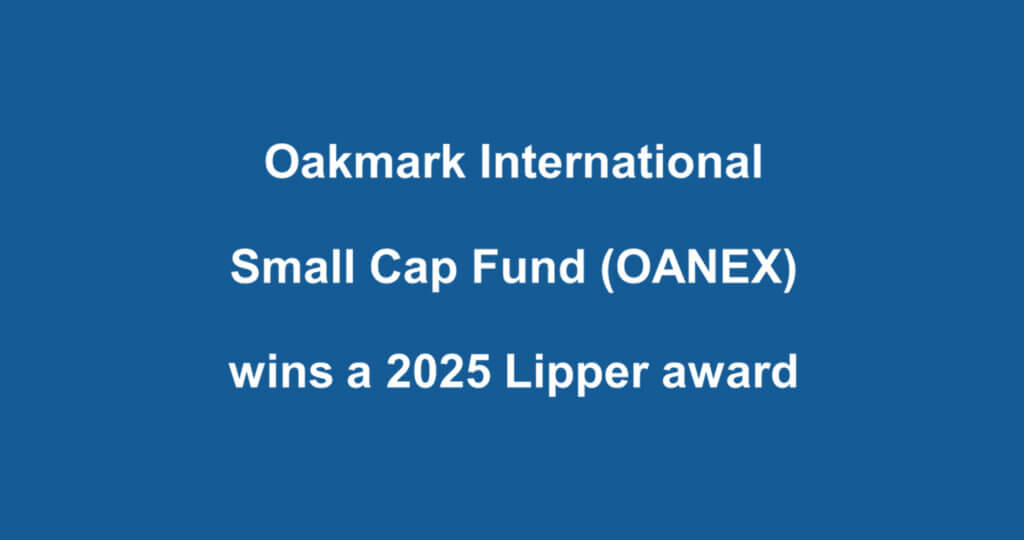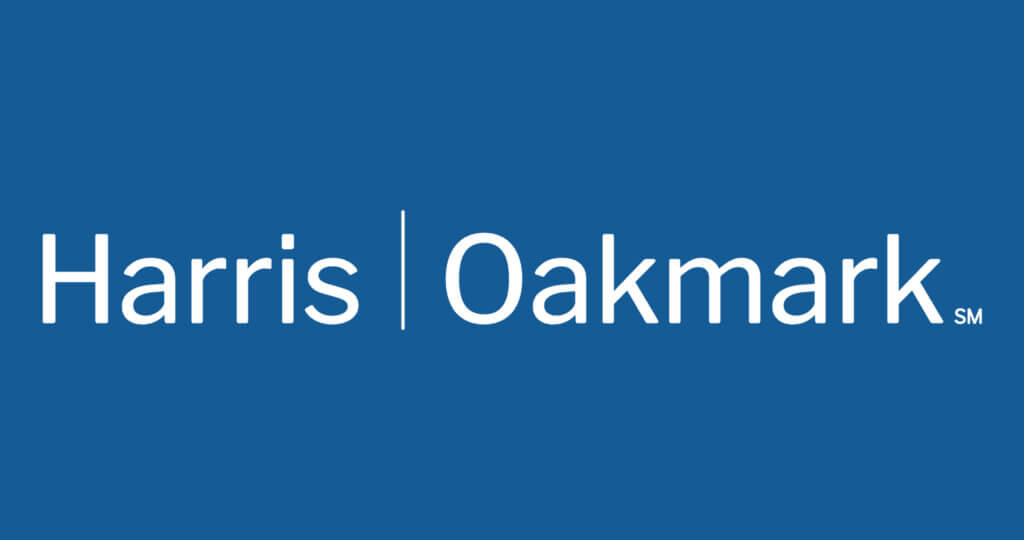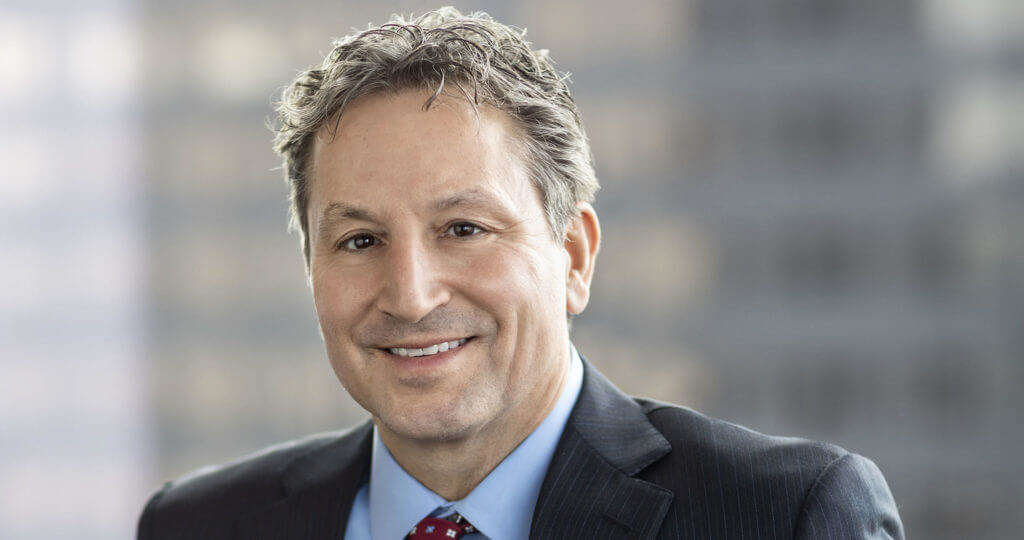Oakmark International Small Cap Fund – Investor Class
Average Annual Total Returns 03/31/21
Since Inception 11/01/95 9.29%
10-year 6.15%
5-year 9.82%
1-year 89.83%
3-month 11.54%
Gross Expense Ratio: 1.39%
Net Expense Ratio: 1.37%
Expense ratios are based on estimated amounts for the current fiscal year; actual expenses may vary.
The net expense ratio reflects a contractual advisory fee waiver agreement through January 27, 2022.
Past performance is no guarantee of future results. The performance data quoted represents past performance. Current performance may be lower or higher than the performance data quoted. The investment return and principal value vary so that an investor’s shares when redeemed may be worth more or less than the original cost. To obtain the most recent month-end performance data, view it here.
The Oakmark International Small Cap Fund returned 11.5% for the quarter ending March 31, outperforming the MSCI World ex U.S. Small Cap Index, which returned 4.9% for the same period. Since its November 1995 inception, the Fund has returned an average of 9.3% per year.
During the first quarter, markets reacted positively to news of worldwide vaccine rollouts and signs of economic recovery. In our view, the Fund is well positioned to benefit from global economic growth and we have been pleased to see better than expected earnings for many of our holdings. Our bottom-up stock selection process has generated a portfolio tilted toward cyclical sectors, so as demand improves and supply chains evolve, we believe many of our companies will enjoy increases in earnings and free cash flow. This is particularly true for names within the industrials sector, where the Fund has significant exposure.
Finnish engineering firm Konecranes, which specializes in overhead lifting equipment, was a top contributor to the Fund’s returns in the first quarter. In February, investors responded favorably to Konecranes’ fourth-quarter earnings report and guidance for 2021. During the fourth quarter, the company’s sales and adjusted earnings exceeded consensus estimates by over 10%, primarily driven by outperformance in the industrial equipment business. This segment’s significantly increased profitability indicates that management’s efforts to structurally improve the segment are beginning to pay off. The stronger profitability was driven by cost-cutting efforts (factory closures and efficiency measures), successful new product platforms and an increased focus on the process crane business. Konecranes’ service division, its highest quality segment, also delivered a record EBITA margin in the fourth quarter that surpassed our forecasts. In its earnings release, Konecranes pointed to signs of increased demand and it expects net sales to increase year-over-year in 2021 with improving EBITA margins. We believe the company remains an attractive investment positioned for long-term growth and profitability.
Applus Services, another industrial name, was a top detractor from the Fund’s first-quarter returns. The Spanish-headquartered company provides testing, inspection and certification services through four divisions: energy & industry, laboratories, automotive, and IDIADA (design, testing, engineering and homologation services for the global automotive industry). Applus’ business has been hurt by Covid-19-related restrictions in Europe and by low commodity prices in the oil and gas industry. In addition, the company is navigating the renewal of several key contracts within its automotive and IDIADA businesses. This operational uncertainty was another weight on the company’s share price in the first quarter. Long aware of these upcoming contract renewals, we have regularly spoken with Applus management over the past year to discuss possible risks. We continue to believe the company’s incumbency and industry leadership position make it very likely these contracts will be renewed on favorable terms. In addition, the company’s recent difficulties should turn around as Europe emerges from lockdowns and revenues recover to pre-Covid-19 levels. We continue to view Applus as a high-quality business with an attractive risk-return profile.
We exited four positions during the first quarter due to stock price appreciation. The most notable sale was Canadian software and services technology firm BlackBerry, which contributed just over 1% to the Fund’s return during the period. As discussed in last quarter’s letter, BlackBerry’s stock price increased after the company’s announcement of a multi-year partnership with Amazon to develop and market IVY, an intelligent vehicle data software platform. Expected to launch in 2023, the product will enable auto manufacturers to securely collect standardized data from vehicle sensors via the cloud. In addition to the IVY-related movement, BlackBerry’s share price rose markedly in January when the company was targeted by Reddit users as an attractive buying opportunity. In the 10 trading days between January 14 and January 27, BlackBerry stock appreciated nearly 300%, pushing the share price well beyond our estimate of its intrinsic value and leading us to exit the position in favor of investment opportunities with more upside potential. BlackBerry’s share price peaked north of C$30 per share in late January, but closed the quarter at C$10.54 per share, which was similar to its trading level before the Reddit-driven run-up. In addition to BlackBerry, we completed full sales of Hirose Electric (Japanese electronic parts supplier), Nordic Entertainment (Swedish-headquartered media group) and Tower Bersama (Indonesian telecommunication tower provider). No new names were added to the portfolio during the quarter.
Geographically, we ended the quarter with approximately 70% of our holdings in Europe and the U.K., 12% in Asia, and 7% in Australasia. The remaining positions are in the Americas with 6% in Latin America (Mexico) and 5% in North America (Canada). We believe the Swiss franc remains overvalued versus the U.S. dollar, and we ended March with hedges on 14% of the Fund’s franc exposure.
We are grateful for your support during this turbulent year. Our approach during this time did not change and we will continue to adjust the portfolio by adding to names on weakness and trimming those nearing our estimates of intrinsic value. Despite recent outperformance, we are excited about the Fund’s position for the future.
The securities mentioned above comprise the following percentages of the Oakmark International Small Cap Fund’s total net assets as of 03/31/21: Amazon 0.0%, Applus Services 2.4%, BlackBerry 0.0%. Hirose Electric 0.0%, Konecranes 4.0%, Nordic Entertainment 0.0% and Tower Bersama 0.0%. Portfolio holdings are subject to change without notice and are not intended as recommendations of individual stocks.
The MSCI World ex USA Small Cap Index (Net) is designed to measure performance of small-cap stocks across 22 of 23 Developed Markets (excluding the United States). The index covers approximately 14% of the free float-adjusted market capitalization in each country. This benchmark calculates reinvested dividends net of withholding taxes. This index is unmanaged and investors cannot invest directly in this index.
EBITA refers to Earnings before the deduction of expenses for Interest, Taxes and Amortization which is a measure of operating income.
The Fund’s portfolio tends to be invested in a relatively small number of stocks. As a result, the appreciation or depreciation of any one security held by the Fund will have a greater impact on the Fund’s net asset value than it would if the Fund invested in a larger number of securities. Although that strategy has the potential to generate attractive returns over time, it also increases the Fund’s volatility.
The stocks of smaller companies often involve more risk than the stocks of larger companies. Stocks of small companies tend to be more volatile and have a smaller public market than stocks of larger companies. Small companies may have a shorter history of operations than larger companies, may not have as great an ability to raise additional capital and may have a less diversified product line, making them more susceptible to market pressure.
Investing in foreign securities presents risks that in some ways may be greater than U.S. investments. Those risks include: currency fluctuation; different regulation, accounting standards, trading practices and levels of available information; generally higher transaction costs; and political risks.
The percentages of hedge exposure of each foreign currency are calculated by dividing the market value of all same-currency forward contracts by the market value of the underlying equity exposure to that currency.
The information, data, analyses, and opinions presented herein (including current investment themes, the portfolio managers’ research and investment process, and portfolio characteristics) are for informational purposes only and represent the investments and views of the portfolio managers and Harris Associates L.P. as of the date written and are subject to change and may change based on market and other conditions and without notice. This content is not a recommendation of or an offer to buy or sell a security and is not warranted to be correct, complete or accurate.
Certain comments herein are based on current expectations and are considered “forward-looking statements”. These forward looking statements reflect assumptions and analyses made by the portfolio managers and Harris Associates L.P. based on their experience and perception of historical trends, current conditions, expected future developments, and other factors they believe are relevant. Actual future results are subject to a number of investment and other risks and may prove to be different from expectations. Readers are cautioned not to place undue reliance on the forward-looking statements.
All information provided is as of 03/31/2021 unless otherwise specified.

